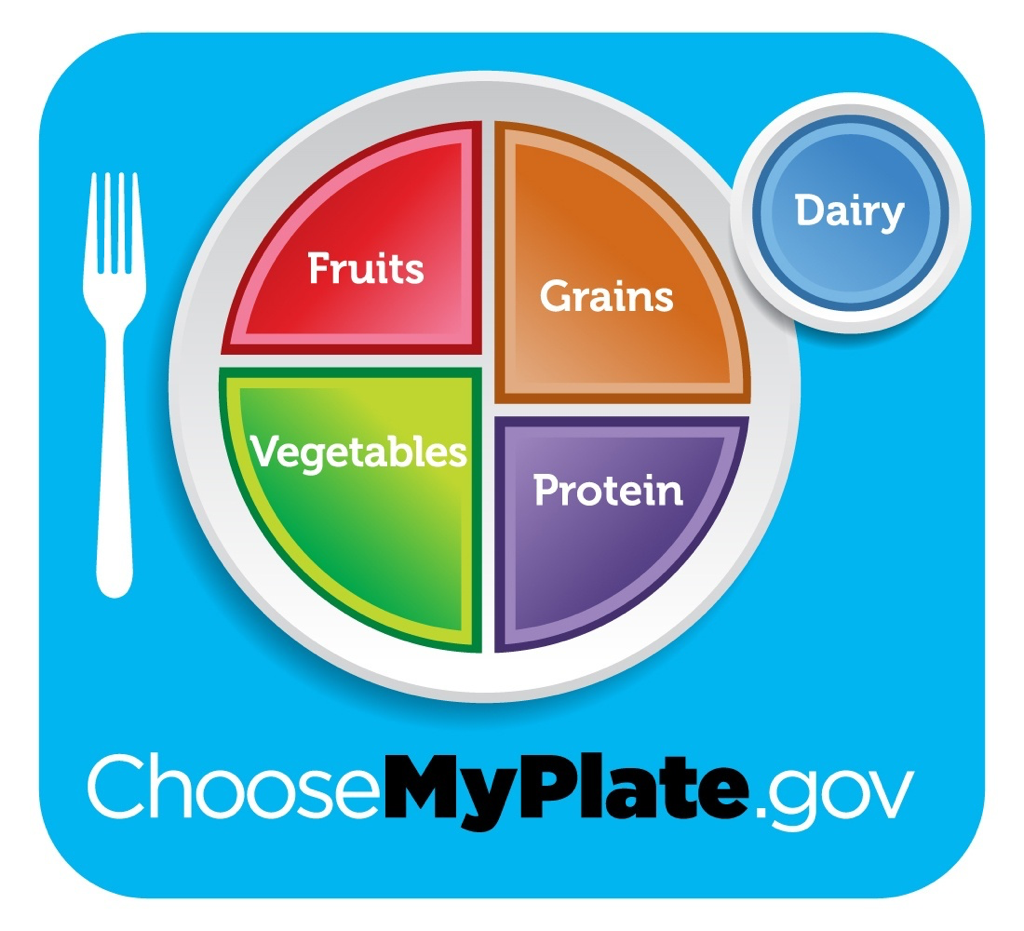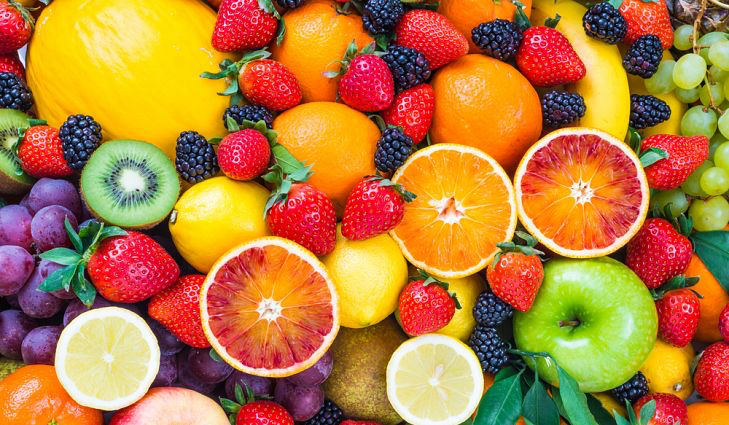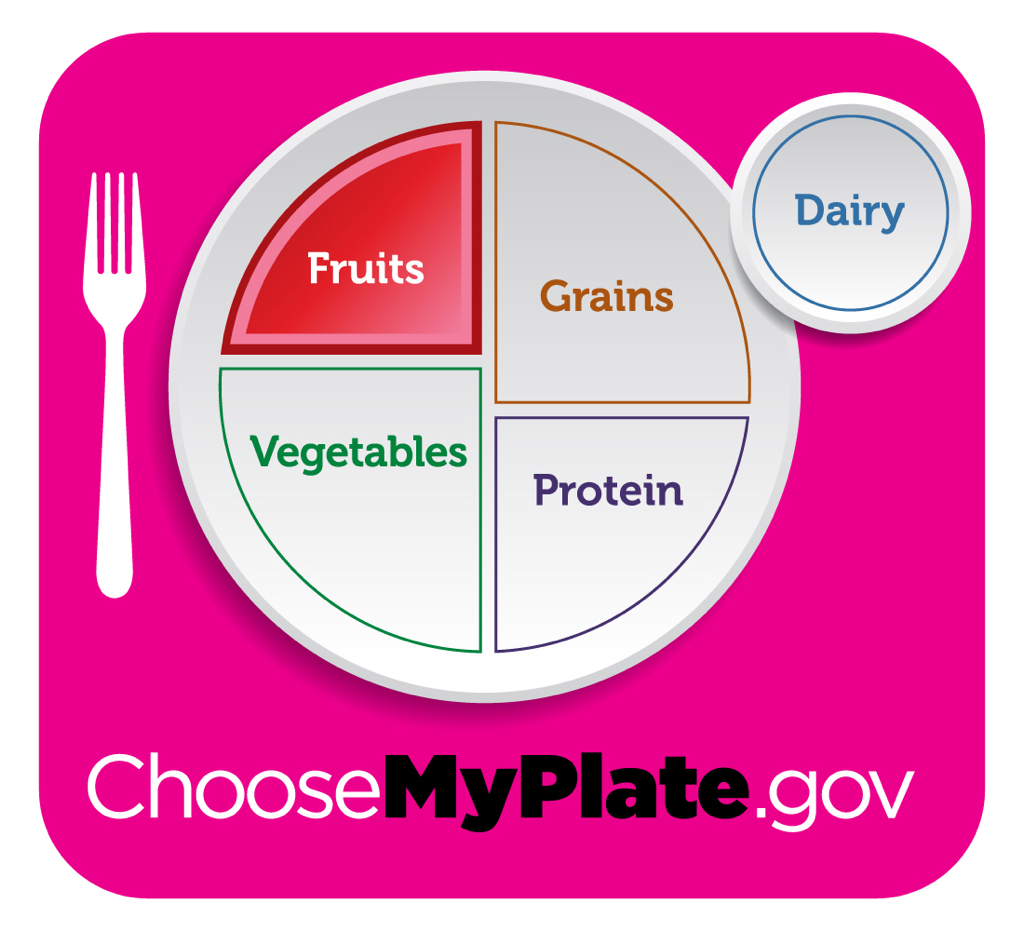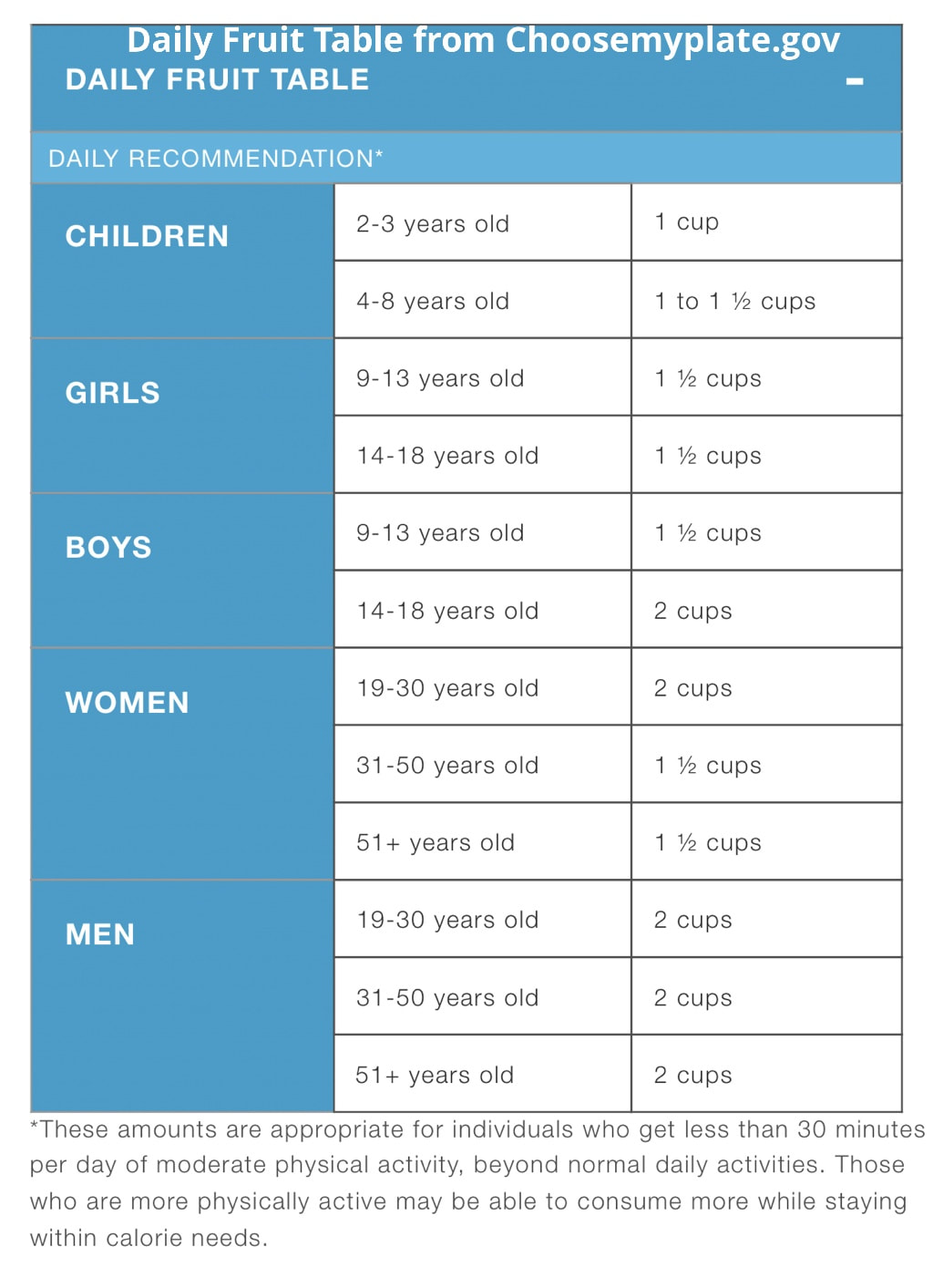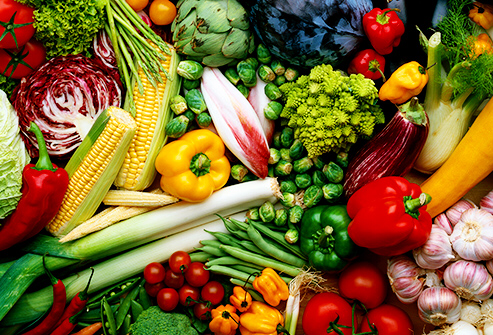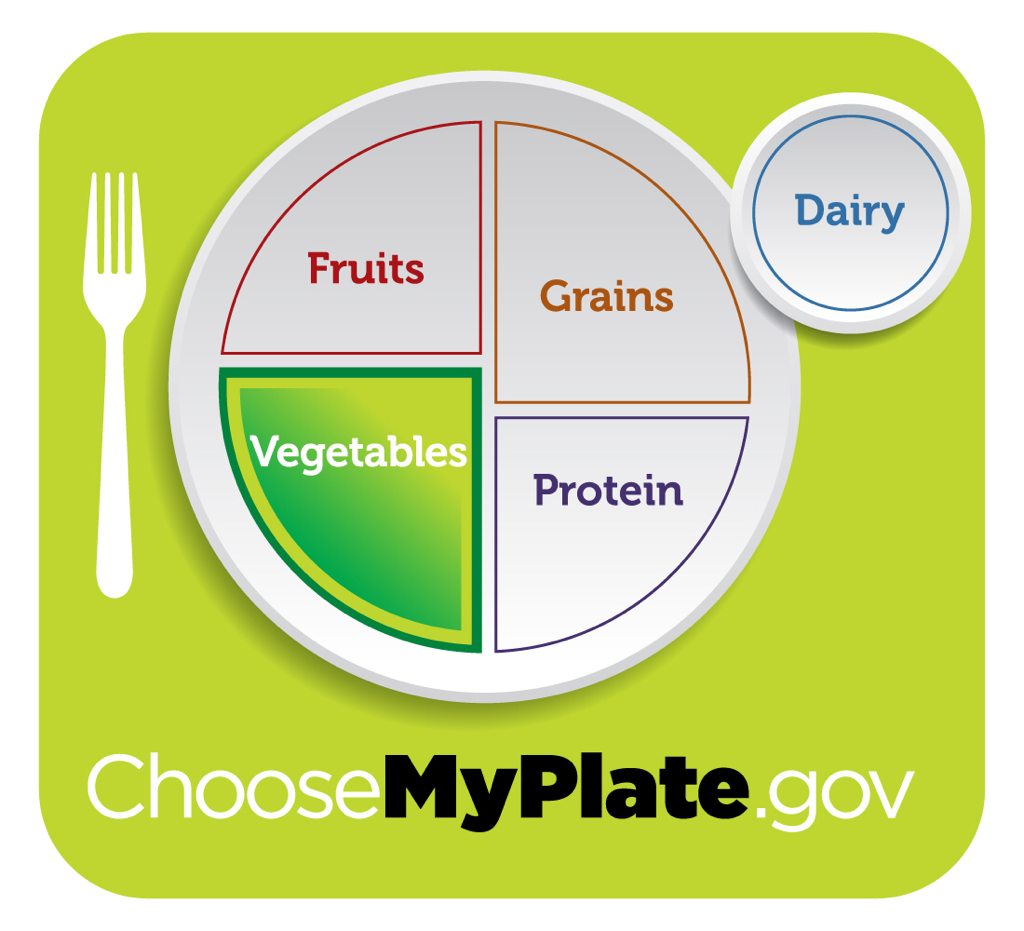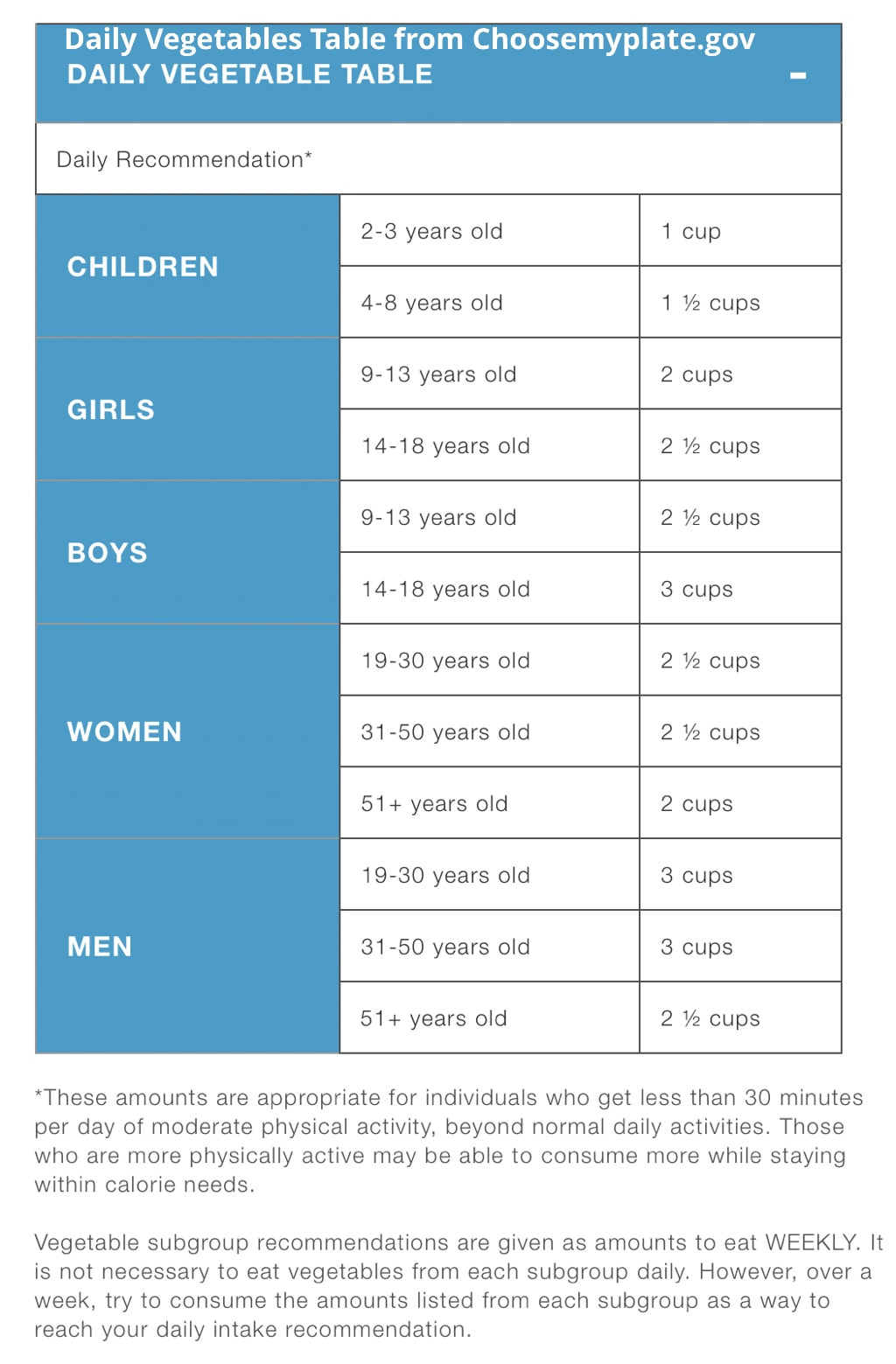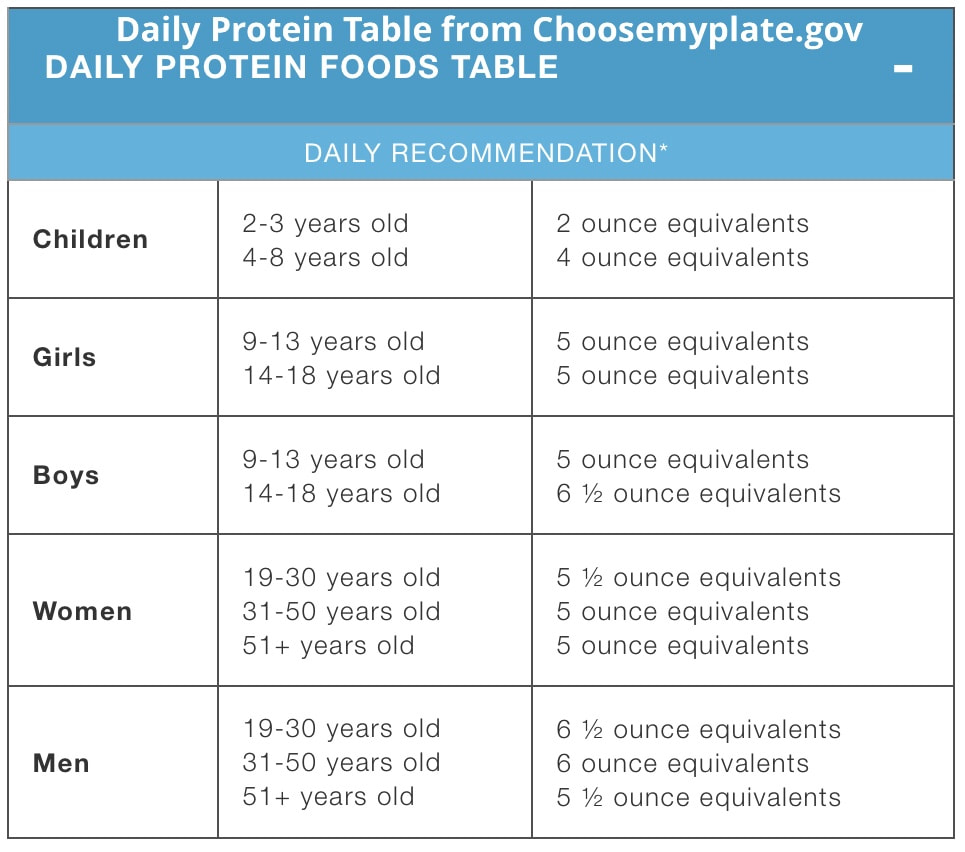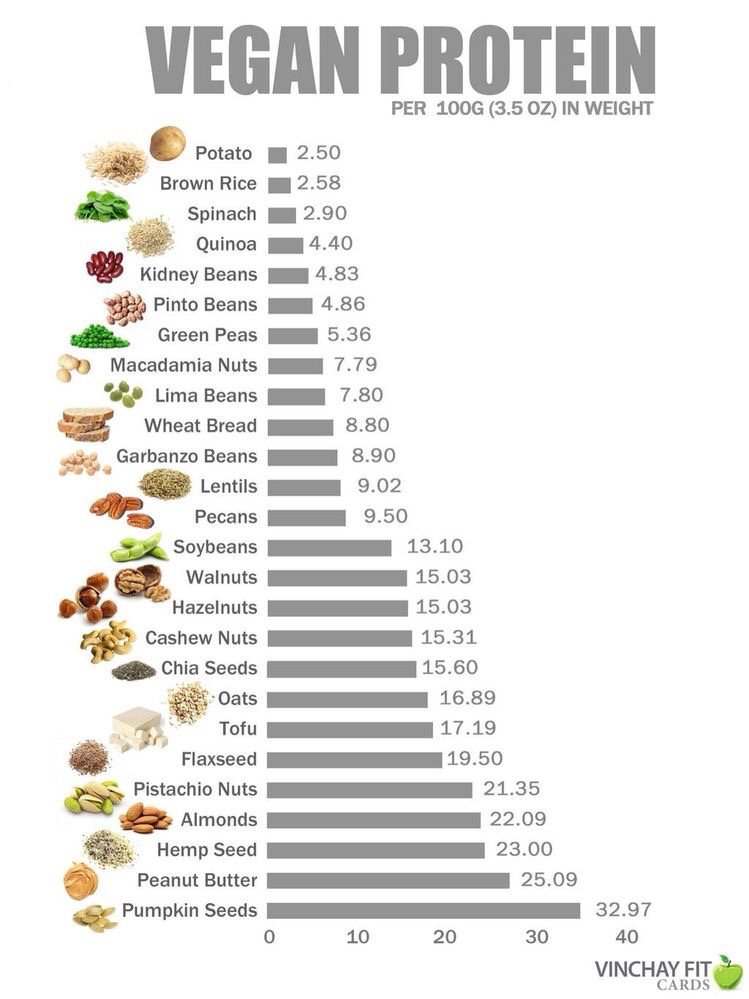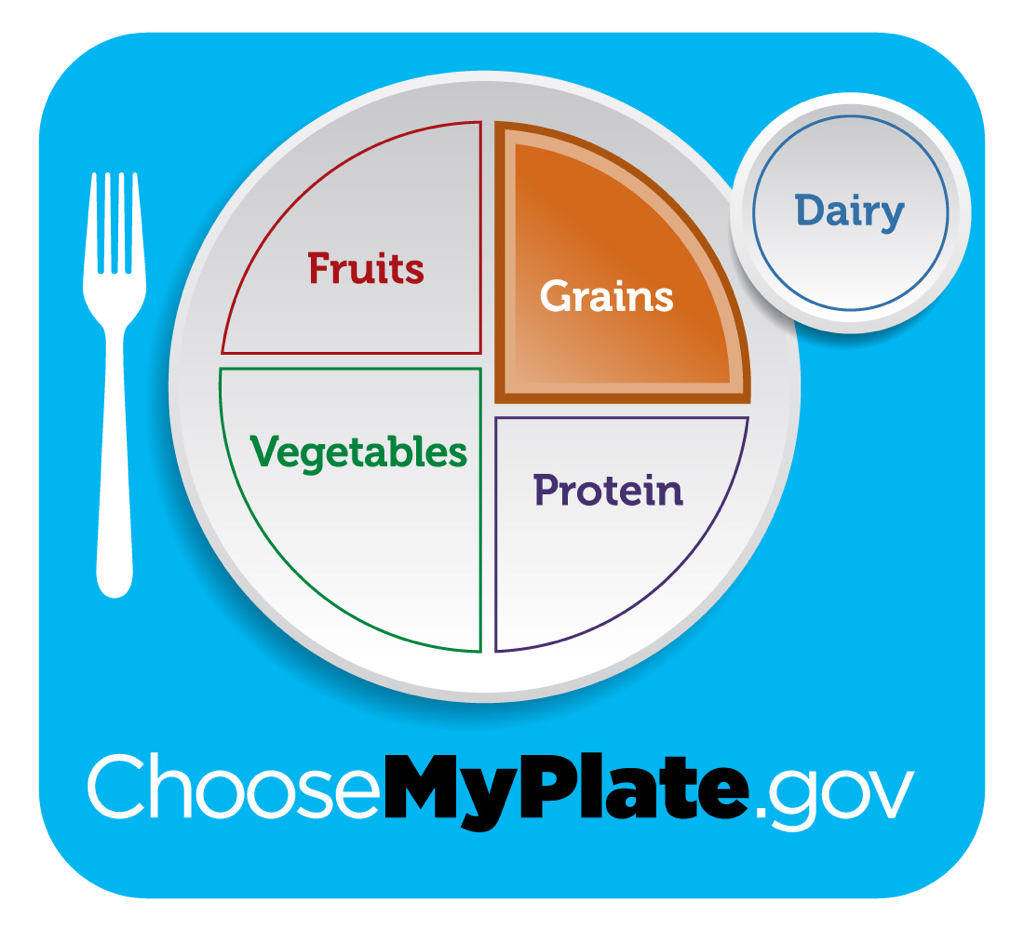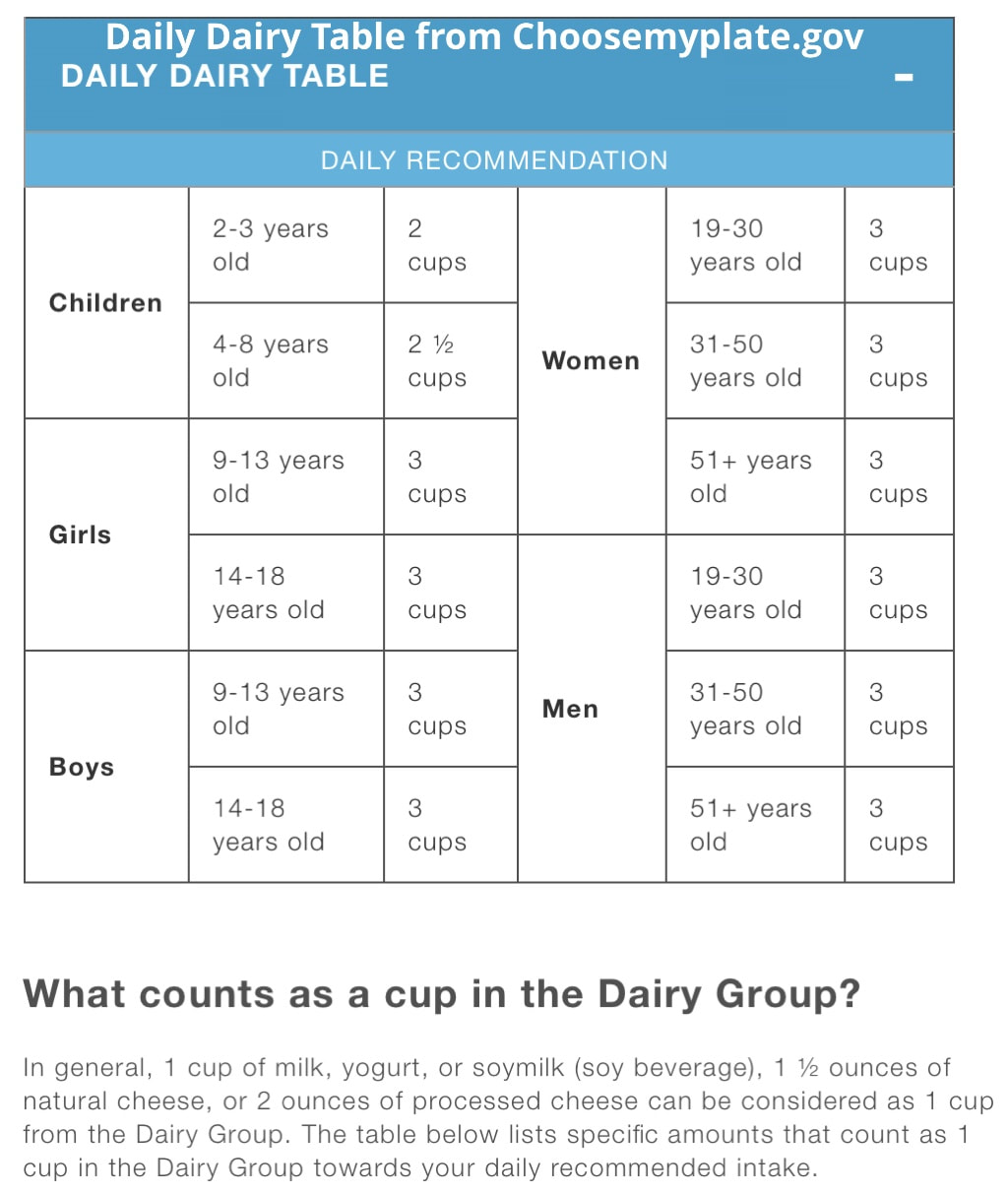Food Groups
https://www.myplate.gov/ has developed five major food groups. These food groups are:
- Fruits
- Vegetables
- Proteins
- Grains
- Dairy
🍎🍉🍑Fruits🍌🍓🍊
Fruits and vegetables are often low calorie choices that provide vitamins, minerals, fiber and carbohydrates. These help support your immune system and other functions of the body.
🌶🥕Vegetables🥦🥒
Any vegetable or any vegetable juice that is 100% juice is considered a member of the vegetable group. You can cook vegetables or eat them raw, mash them or even eat them out of the can to get your nutrients from vegetables. Because of their nutrient content vegetables are broken up into five different subgroups.
5 Sub Categories of Vegetables:
1. Dark Green
5 Sub Categories of Vegetables:
1. Dark Green
- Spinach
- Kayle
- Broccoli
- Sweet potatoes
- Carrots
- Squash
- Lentils
- Kidney
- Black Eyed Peas
- Corn
- Potatoes
- Avocados
- Artichoke
🍳🥓PROTEIN🥩🍗
What does protein do for the body? - Hair and nails are mostly made of protein. Your body uses protein to build and repair tissues. You also use protein to make enzymes, hormones, and other body chemicals. Protein is an important building block of bones, muscles, cartilage, skin, and blood.
🍞🥖GRAINS🍚🥐
People who eat whole grains as part of a healthy diet have a reduced risk of some chronic diseases. Grains are important sources of many nutrients, including fiber, B vitamins (thiamin, riboflavin, niacin and folate) and minerals (iron, magnesium and selenium). USDA's MyPlate recommends making half of your daily grain choices whole grain for healthy eating.
🥛🍨DAIRY🧀🍦
Nutrients and health benefits:
Consuming dairy products provides health benefits – especially improved bone health. Foods in the Dairy Group provide nutrients that are vital for health and maintenance of your body. These nutrients include calcium, potassium, vitamin D, and protein.
Consuming dairy products provides health benefits – especially improved bone health. Foods in the Dairy Group provide nutrients that are vital for health and maintenance of your body. These nutrients include calcium, potassium, vitamin D, and protein.

